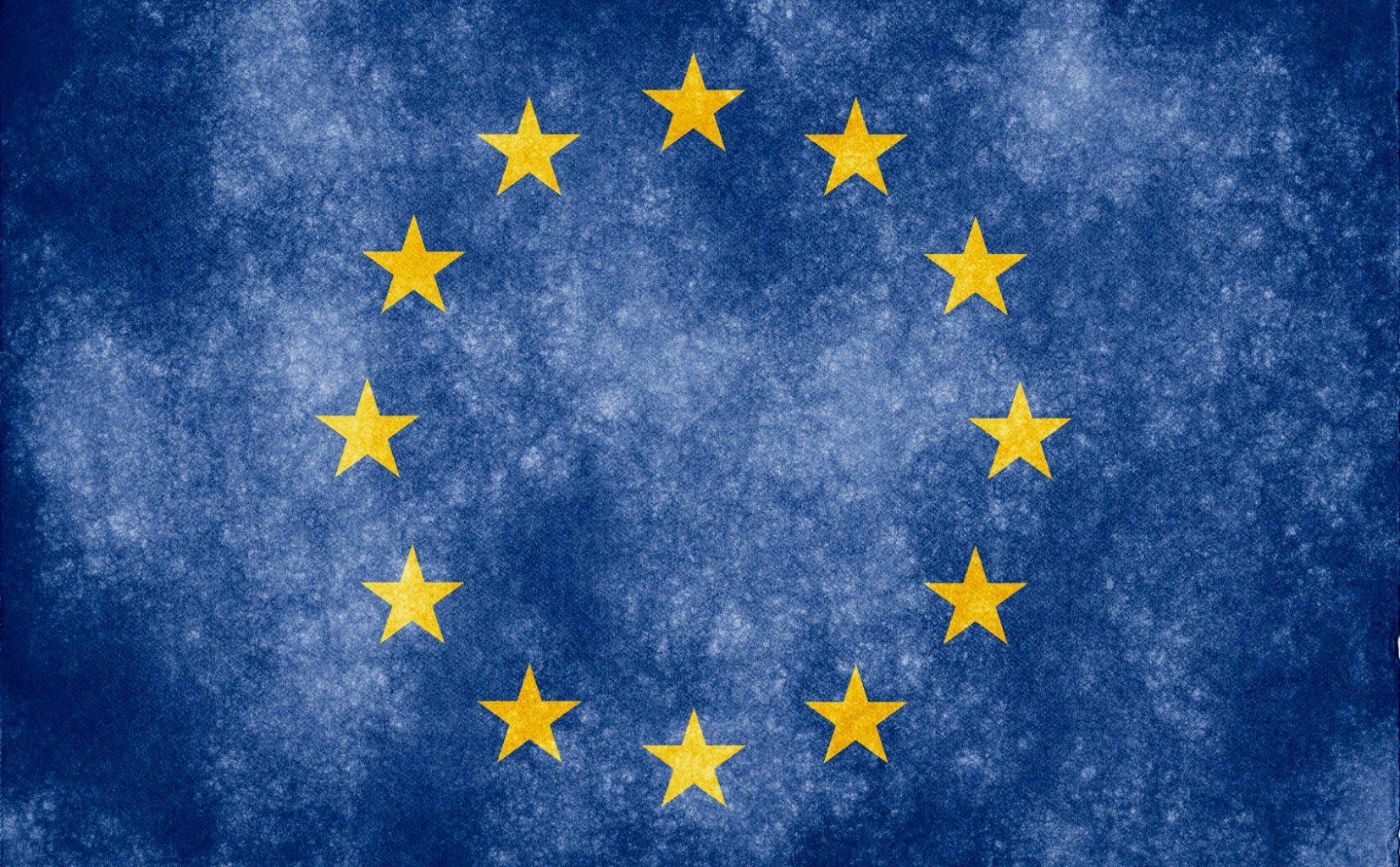EU Jargon Buster
Do you ever feel lost in the sea of rhetoric surrounding the EU or do the buzzwords constantly being tossed around make you dizzy? Read our Jargon Buster below and you’ll be able to navigate through even the choppiest waters of Politicians’ speeches.
Ever closer union
The EU’s motto, and the words that stop Nigel Farage from sleeping at night. Ever close union represents the idea of deeper European integration, with closer and stronger links between countries – leading to the Eurosceptic fear of the European Superstate.
Schengen Area
An area of passport-free travel between European countries. This includes some non-EU countries, like Switzerland, while some EU member states have opted out – surprise, it’s Britain and Ireland.
Article 50
The legislation that allows a country to leave the EU. Previously never used, it places the balance of power in the EU’s hands, allowing them to decide any future deals, and refusing the outgoing country votes on the matter.
Euro Triple Lock
As Britain rejected the Euro when it first came in, there is no obligation for it to change its currency. For the UK to take the Euro, Cabinet must first vote the motion through, then Parliament, and then the people in a referendum.
European Commission
Twenty-eight commissioners are nominated by heads of state with the power to create, amend, or repeal legislation. Due to being unelected by the people, yet holding the most power in the EU, the Commission is the institution most often criticized for not being democratic.
Parliament
Elected by the people, MEPs (Members of the European Parliament) sit not by country, but in ideological blocs. Countries get a number of representatives relative to their population size, and these representatives have the power of co-decision, allowing them to recommend things to the Commission. Whether the Commission listens or not is their own choice. They also have the power to block any legislation drafted by the Commission
ECJ
The European Court of Justice is the body that interprets European law, and can rule on the actions of a country. However, if they rule in a way that the Commission doesn’t like, the Commission can, of course, propose changes to the law to give the ruling they want.
European Council
Made up of Heads of State, who meet to discuss policy and display co-operation. Usually there for a good photo-op, but an important show of unity. It is the council that defines the direction and priorities of the EU.
Council of EU
Surprisingly, different to the European Council. The Council of the EU is actually various councils, formed of different representatives from member states, depending on their role in government. For example, should there be an economic crisis, the British Chancellor would meet with other Financial Ministers to discuss options, while a discussion about education would gather all Education Ministers.
COREPRER
Another council – this time of Permanent Representatives. The civil service of the EU, who run the union and deal with all the paperwork and policy, as well as its implementation.

Comments (1)
EU motto is “united in diversity”, not “ever closer union”. an European superstate was never regarded as feasible precisely because NO national government wants to become useless. Don’t worry about “ever closer union”, it has been at least 20 years since it stopped to be a feasible idea.